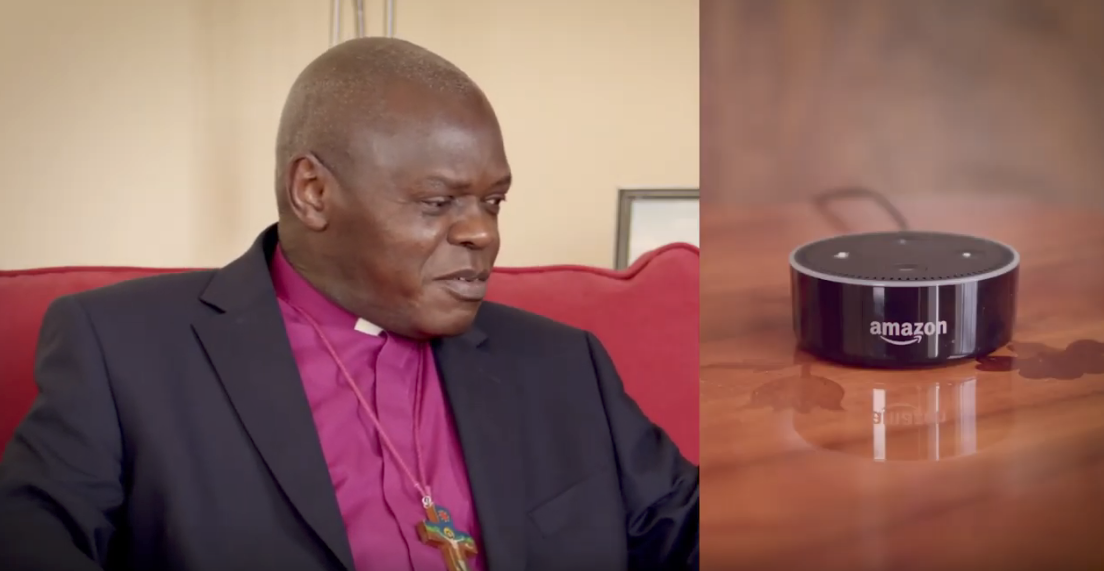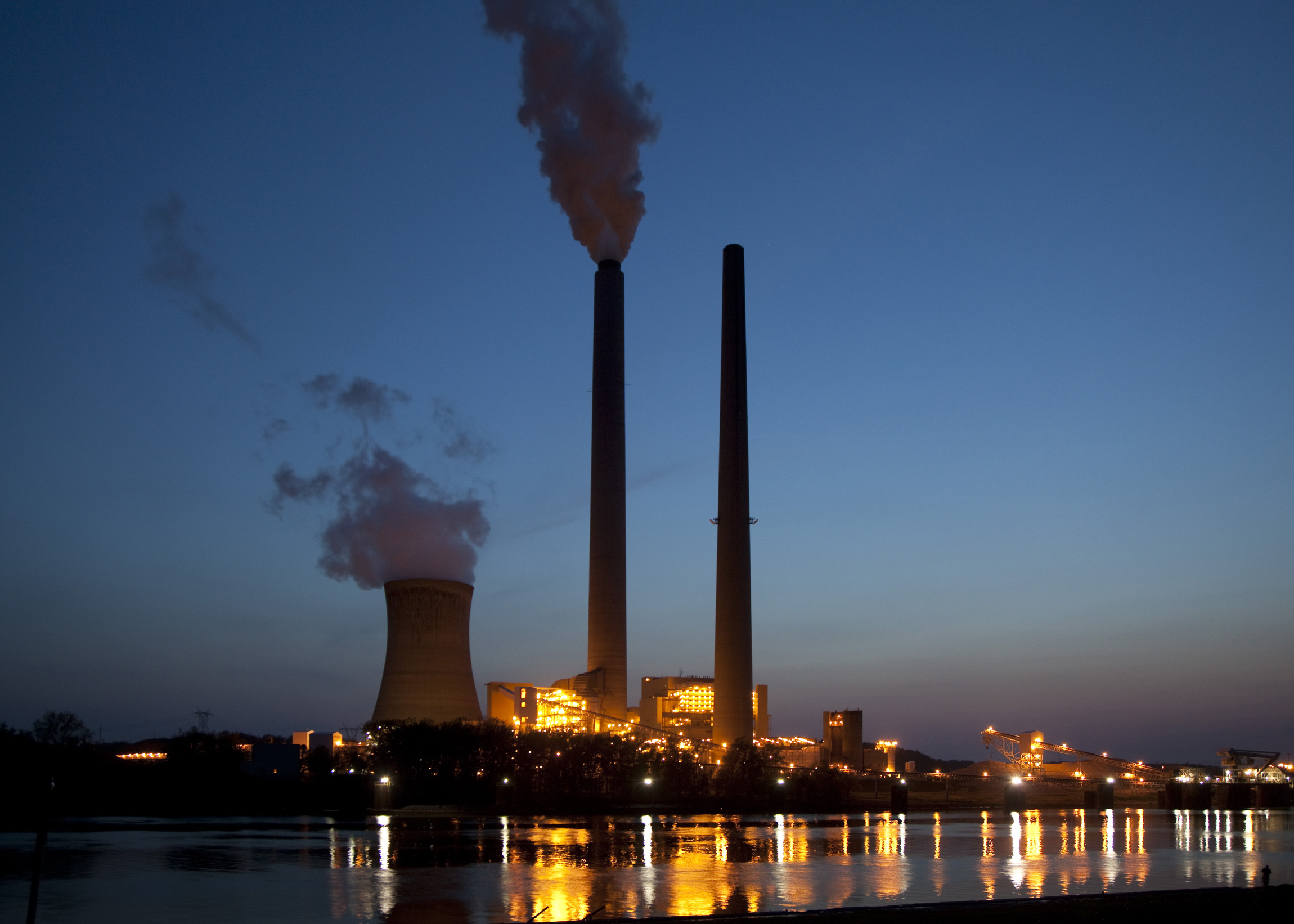Pope Francis has told a gathering of ministers and climate experts that companies must stop valuing profits more than lives and take action to protect the environment.
“We live at a time when profits and losses seem to be more highly valued than lives and deaths, and when a company’s net worth is given precedence over the infinite worth of our human family,” he told a gathering on Monday on “Climate change and new Evidence from Science, Engineering, and Policy” organised by the Vatican’s Pontifical Academy of sciences.
Warning that the crisis is “leading the world towards disaster” Francis proposed a five-point action plan that could serve as a basis for international co-operation.
This included “to value what is important, not what is superfluous”; “to correct our national accounts and our business accounts, so as to stop engaging in activities that are destroying our planet”; “to put an end to global dependency on fossil fuels”; “to open a new chapter of clean and safe energy”; and “to help the poor and be set free of the idolatry of money.”
During the meeting in the Casina Pio IV, a Renaissance villa in the Vatican gardens, Francis said the world continues “along old paths because we are trapped by … the corruption of vested interests” and that “we still reckon as profit what threatens our very survival.”
“Around the world, we are seeing heat waves, droughts, forest fires, floods, and other extreme meteorological events, rising sea levels, the emergence of diseases and further problems that are only a dire premonition of things much worse to come, unless we act and act urgently,” he said.
Cardinal Peter Turkson made a similar dire warning in a message to the scientific community on 24 May, timed to coincide with the fourth anniversary of the release of Francis’ environmental encyclical Laudato si’. The Prefect of the Dicastery for Promoting Human Development said it is time to “organise” to intervene in the global economy because “the current climate crisis … caused by man’s interference in nature now poses unprecedented threat to our civilization”. We have “only around a decade”, according to the UN’s Intergovernmental Panel on Climate Change (IPCC), to limit the increase in the planet’s surface temperature this century to 1.5°C, Turkson said.
The 1.5°C threshold was a “critical physical threshold”, because it would still enable the avoidance of many destructive impacts of climate changes caused by man, such as the regression of the main glaciers and the destruction of the majority of tropical coral reefs.
The threshold was also a moral one, because it marked the last chance to save all those countries and millions of vulnerable people who live in coastal regions.
The figure of 1.5 ° C “is also a religious threshold”, Cardinal Turkson maintained. This was because “the world we are destroying is the gift of God to humanity, precisely that house sanctified by the divine Spirit (Ruah) at the beginning of creation, the place where he pitched his tent among us”.
Ahead of this year’s Synod of Bishops on the Amazon, scheduled for 6 to 27 October, whose theme is “Amazonia: New Paths for the Church and for an Integral Ecology”, Cardinal Turkson said it was important for the most polluting countries to learn from indigenous peoples.
“It is a profound truth that we learn above all from our indigenous brothers and sisters,” he said, and he quoted from Laudato si’: “For them, land is not a commodity but rather a gift from God and from their ancestors who rest there, a sacred space with which they need to interact if they are to maintain their identity and values”.
To address this crisis, Turkson concluded, it will be necessary to “defeat the powerful interests that hinder our meaningful collective response to this unprecedented threat against our civilisation”.
Turkson pointed out that global economies managed to mobilise during the financial crisis of 2007 and 2008 “to save the banks”. “Is it not possible to do it again now to save our common home, the future of our children and future generations?” he asked.
World leaders attending the United Nations Climate Action Summit in New York in September must produce “solid national plans”, he said, to address this emergency.



 Loading ...
Loading ...